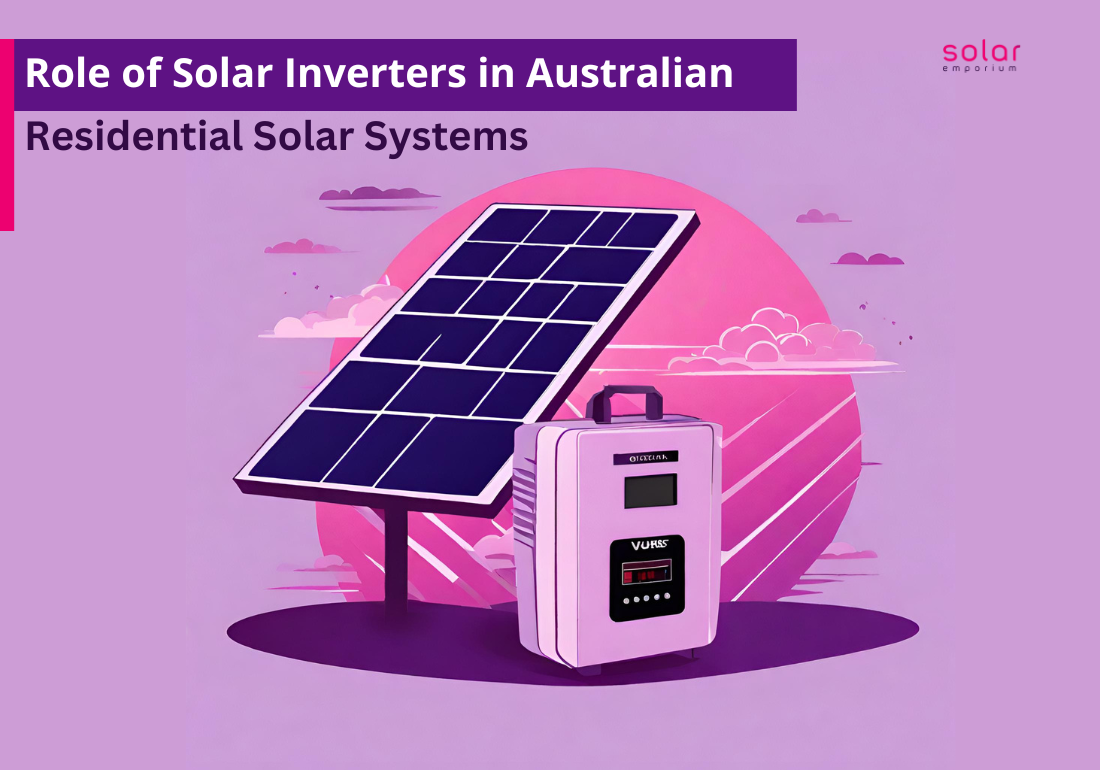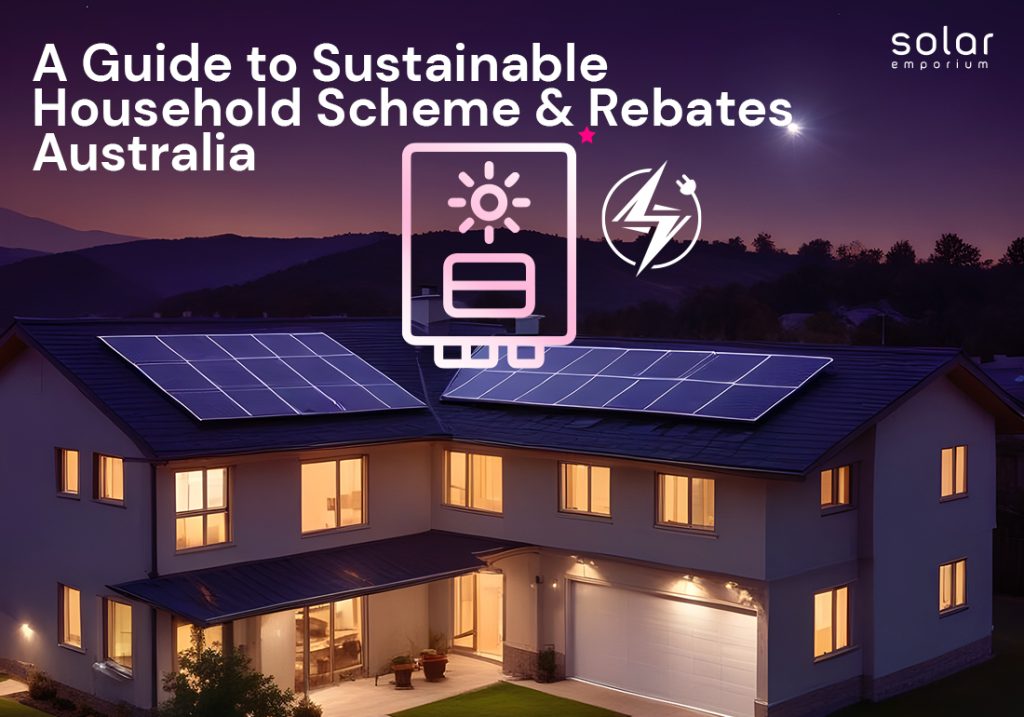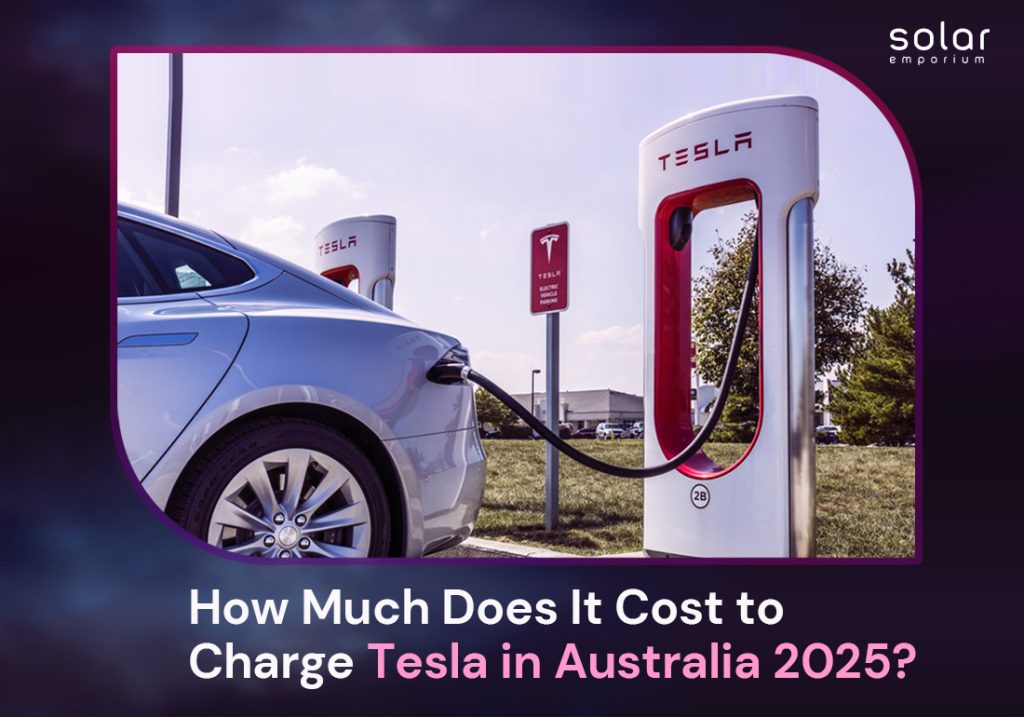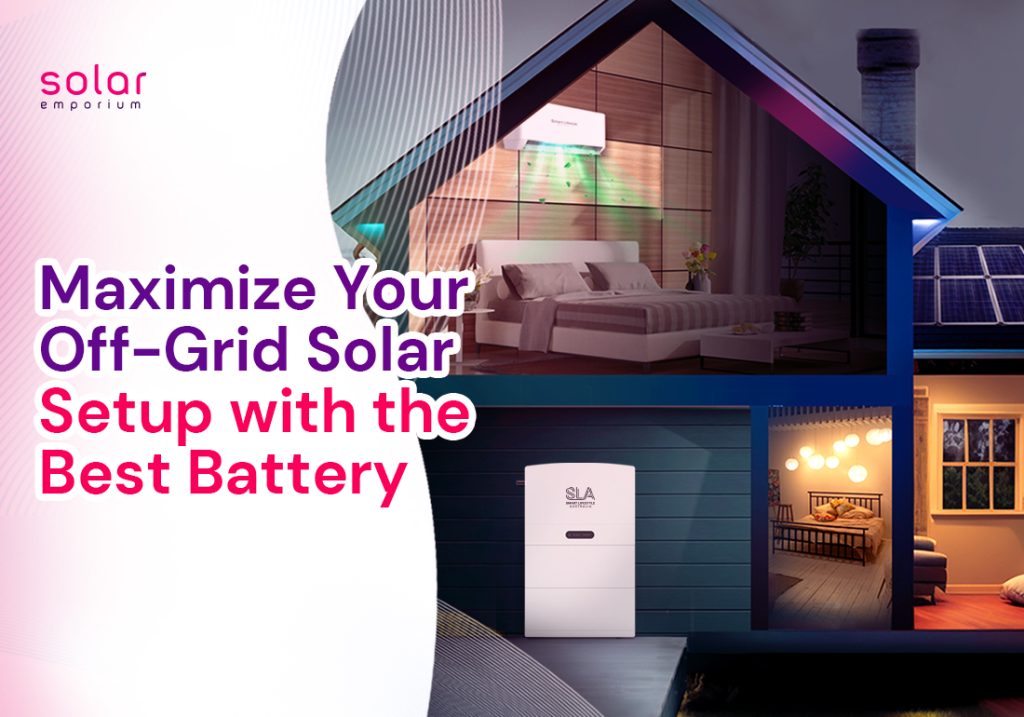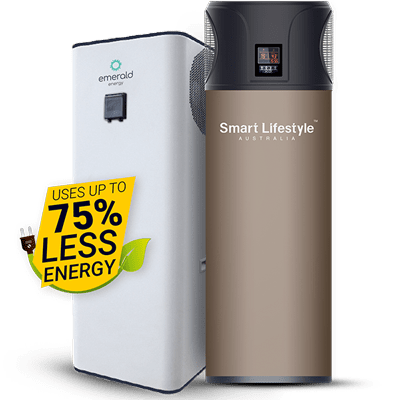Solar inverters are like the heart of a solar power setup. It changes the electricity solar panels make into the kind that buildings use. It also works as an energy management system.
Even though solar inverters are super important, people often need to know how crucial they are. The role of solar inverters in Australian residential solar systems is very significant.
Consequently, this article will explain solar inverters and their use in solar power systems. We’ll discuss DC and AC currents and why we need AC for regular home stuff.
Then, we’ll dive into how solar inverters turn DC power from solar panels into AC power.
We’ll look at different types of solar inverters, like string inverters, micro-inverters, and power optimizers, and see what’s good and bad about each.
This info will help homeowners and businesses pick the best solar panel system and ensure their inverter works well for reliable and efficient power.
What are Solar Inverters? Understanding Solar Inverters
When you’re setting up a solar panel system in Australia, you need to have solar inverters. These gadgets change the electricity made by solar panels into the type that homes and businesses use.
Australia offers different kinds of solar inverters, like string inverters, micro-inverters, and power optimizers.
For big solar power setups, the usual choice is a string inverter. Micro-inverters are becoming more popular for home solar setups because they can make the whole system work better and let you put panels in different places.
Another type of inverter called a power optimizer, is made to make solar panels work their best. Australian solar inverters often do more than just change DC power into AC power.
If you put in one of these systems, you can monitor how much electricity your solar setup makes, how well it works, etc.
The Australian government gives rebates and tax credits to people who install solar power systems, including solar inverters.
Suppose you’re a homeowner or a small business owner looking to get tax breaks through the Small-scale Renewable Energy Scheme (SRES). In that case, you can find a list of qualified solar inverters on the Clean Energy Regulator‘s website.
Solar inverters are essential for solar power systems in Australia. They help homes and businesses make clean, sustainable energy from the sun and reduce energy costs and pollution.
What are the Various Types of Solar Inverters
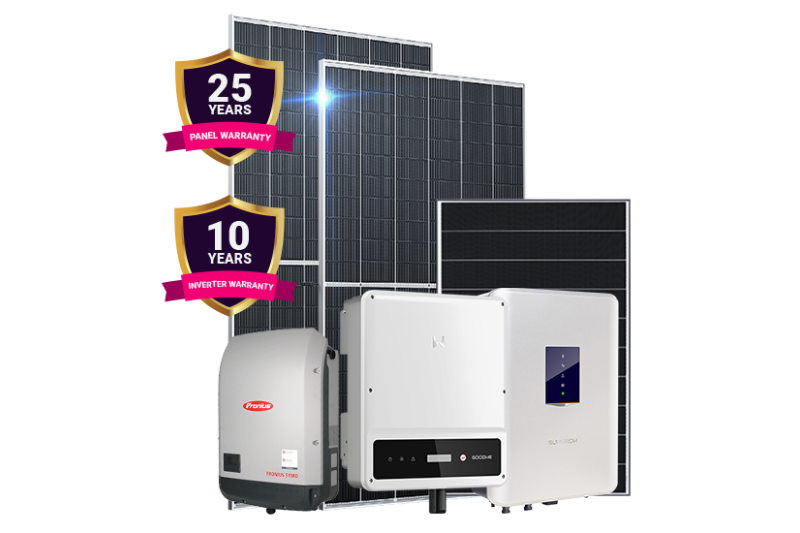
Some solar systems use one big solar inverter for many solar panels. But in other setups, each panel has its small inverter.
You can pick different sizes and types of solar inverters based on your panels’ size and how much electricity they make.
Also, when choosing the best inverter for your home, factors like where you put the panels and if you have batteries. Cost and how long the inverter lasts are also important.
In Australia, most solar inverters fall into these groups:
String Inverters:
Micro-inverters:
Central Inverters:
Battery Inverters:
Hybrid Inverters:
These help add batteries to solar setups. They manage how batteries get charged and used. Another name for them is multimode inverters. They use something called DC coupling to handle batteries.
Role Of Solar Inverters In Australian Residential Solar Systems
Solar inverters transform the electricity from solar panels for homes to use.
Solar panels usually make direct current (DC), but homes need alternating current (AC), which is either 120V or 240V.
Inverters are super important in a solar panel setup. They change the DC electricity from solar panels into AC electricity for homes or businesses. They also make sure the system is safe and works well.
Not only that, but they have safety features to prevent electricity from returning to the grid during power outages, keeping utility workers safe.
Solar Inverters are a big part of a solar panel setup. They turn DC electricity from solar panels into AC electricity for homes or businesses and make sure everything runs smoothly.
If you’re considering getting solar panels, choose the best inverter for your needs and budget.
Here’s how it works: Sunlight hits the solar panels with layers called photovoltaic (PV) cells made of unique materials like silicon or gallium arsenide.
These layers have positive and negative charges, and when sunlight hits them, they create electricity. This electricity is DC, which can be stored in a battery or sent to an inverter.
Even though homes use AC electricity, the solar panels make DC. The inverter takes the DC power, changes it using a transformer, and sends it out as AC power.
The inverter does this by quickly turning on and off transistors and sending the DC power through different parts of the transformer, making it look like AC electricity.
Significance of Solar Inverters in Australia
Solar inverters are essential in solar energy systems because they change the electricity made by solar panels into the kind homes, businesses, and industries can use.
This is crucial because most appliances and electrical systems work on this type of electricity.
Also, solar inverters ensure that solar panel systems are safe and work well. They have special features to stop electricity from returning to the grid during power outages.
This keeps utility workers safe when they’re fixing power lines.
Solar inverters also help make solar panel setups work better. Depending on the type of inverter used, they can make energy production more efficient and let you put panels in different places, making the system more powerful overall.
Modern solar inverters usually have tools to check how well the system is doing. This helps homeowners, businesses, and system operators see how much power their system is making, how well it’s working, and if there are any problems.
Knowing this info helps fix issues, save energy, and ensure the system works as best.
A solar inverter is vital in a solar panel system because it changes solar energy into usable electricity.
It ensures everything is safe, works well, and improves performance. Lastly, it lets people see how the system is doing so they can fix issues and save energy.
Advantages of Solar Inverters

Conversion of Electricity/Grid Interaction:
Compatibility with Appliances:
Safety and Reliability:
Maximizing Energy Production:
Monitoring Capabilities:
Modern solar inverters often come equipped with monitoring capabilities, allowing homeowners, businesses, and system operators to track their solar power systems’ performance, output, and efficiency in real time.
This data helps identify potential issues, optimize energy usage, and ensure the system operates efficiently.
Cost Savings:
By harnessing solar energy and converting it into usable electricity, solar inverters help reduce reliance on traditional energy sources, leading to potential cost savings on utility bills over time.
Solar Panel systems may also qualify for government incentives and rebates, reducing the overall installation and operation cost.
Solar inverters change the electricity made by solar panels (direct current or DC) into the electricity that buildings use (alternating current or AC).
The best ways to monitor how much electricity a solar system makes, how well it works, and other important facts. Solar inverters are significant for a solar power system in Australia, as they turn the electricity made by solar panels into the kind that homes and businesses can use.
In Australia, people can benefit from solar power because it’s clean, inexpensive, and doesn’t create carbon emissions. Solar panels and inverters comprise solar photovoltaic (PV) systems, which turn sunlight into electricity.
Solar panels are measured by their efficiency in turning sunlight into electricity. While they might produce less electricity when new, they should work steadily after the first year.
There are different kinds of solar cells, including ones that are less efficient and more expensive.
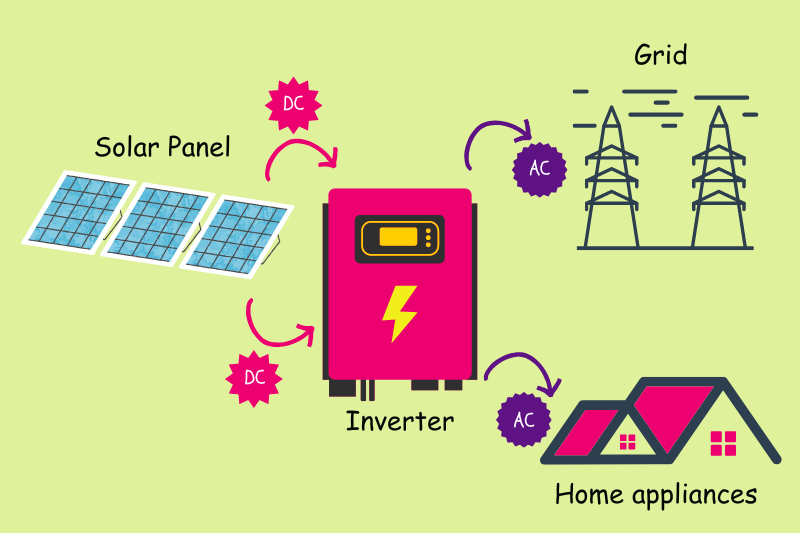
Usually, solar power systems connected to the power grid don’t need extra storage for electricity. But the house won’t have electricity if the power grid goes out.
Some systems can work without being connected to the power grid at all. Extra solar power can be stored in batteries to use later, even if it’s cloudy outside. In that case, a backup generator can charge the batteries or keep the system running.
It’s a good idea to ask a professional for help when planning a solar power system and to store the generator’s gasoline safely.
Solar Emporium Comes with the Best Solar Inverters
Overall, solar inverters play a crucial role in harnessing solar energy effectively, ensuring safety and reliability, optimizing performance, and providing monitoring capabilities for efficient operation and maintenance.
Contact Solar Emporium to get the best solar packages. Also, read about the best solar inverters in Australia for a better understanding.
